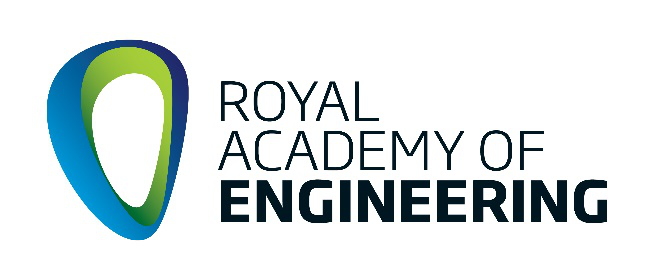Improvements in algal lipid production: a systems biology and gene editing approach
Background: In the wake of rising energy demands, microalgae have emerged as potential sources of sustainable and renewable carbon-neutral fuels, such as bio-hydrogen and bio-oil.
Purpose: For rational metabolic engineering, the elucidation of metabolic pathways in fine detail and their manipulation according to requirements is the key to exploiting the use of microalgae. Emergence of site-specific nucleases have revolutionized applied research leading to biotechnological gains. Genome engineering as well as modulation of the endogenous genome with high precision using CRISPR systems is being gradually employed in microalgal research. Further, to optimize and produce better algal platforms, use of systems biology network analysis and integration of omics data is required. This review discusses two important approaches: systems biology and gene editing strategies used on microalgal systems with a focus on biofuel production and sustainable solutions. It also emphasizes that the integration of such systems would contribute and compliment applied research on microalgae.
Conclusions: Recent advances in microalgae are discussed, including systems biology, gene editing approaches in lipid bio-synthesis, and antenna engineering. Lastly, it has been attempted here to showcase how CRISPR/Cas systems are a better editing tool than existing techniques that can be utilized for gene modulation and engineering during biofuel production.
Purpose: For rational metabolic engineering, the elucidation of metabolic pathways in fine detail and their manipulation according to requirements is the key to exploiting the use of microalgae. Emergence of site-specific nucleases have revolutionized applied research leading to biotechnological gains. Genome engineering as well as modulation of the endogenous genome with high precision using CRISPR systems is being gradually employed in microalgal research. Further, to optimize and produce better algal platforms, use of systems biology network analysis and integration of omics data is required. This review discusses two important approaches: systems biology and gene editing strategies used on microalgal systems with a focus on biofuel production and sustainable solutions. It also emphasizes that the integration of such systems would contribute and compliment applied research on microalgae.
Conclusions: Recent advances in microalgae are discussed, including systems biology, gene editing approaches in lipid bio-synthesis, and antenna engineering. Lastly, it has been attempted here to showcase how CRISPR/Cas systems are a better editing tool than existing techniques that can be utilized for gene modulation and engineering during biofuel production.

















